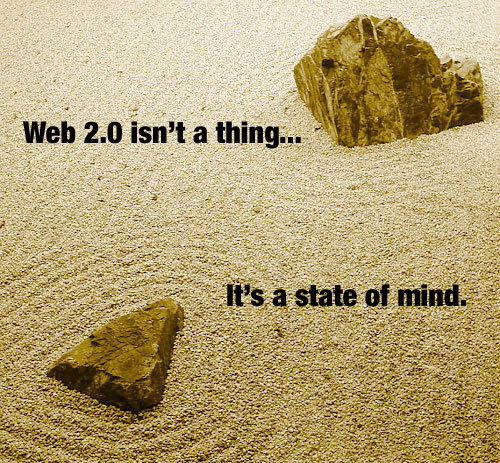With reference to my previous post [Thinking Collaboratively: Collective Intelligence: Web 2.0] inspired by the article [Are you thinking what I am thinking ?]
Google is buying Youtube, a business little more than a year old. The rise of the likes of Wikipedia and Youtube, Linux and Craigslist means for the way we organise ourselves, not just in digital businesses but in schools and hospitals, cities and mainstream corporations. My argument is that these new forms of mass, creative collaboration announce the arrival of a society in which participation will be the key organising idea rather than consumption and work. People want to be players not just spectators, part of the action, not on the sidelines.
– Charles Leadbeater in his book We-Think: Power of Mass Creativity

“Google and YouTube are not alone. Wikipedia, an online encyclopaedia created and maintained almost entirely by amateurs, attracts more visitors than The New York Times online, carries more content than almost all other encyclopaedias combined and threatens to dwarf the services offered by large publishing companies”.
“Linux, a computer operating system started by a wispy Finnish computer science student and at first developed almost entirely by unpaid volunteers, is the main challenger to the operating system created by Microsoft, one of the world’s largest corporations”.
“Welcome to the world of We-Think. We are developing new ways to innovate and be creative en masse. We can be organised without an organisation. People can combine ideas and skills without a hierarchy”.
– Charles Leadbeater
In my view, making web collaboratve is interesting, but there is a threat itself. World might get more knowledgeable but would certainly lack wisdoms. Democracy for expressing thoughts are human rights but if hijacked by capitalistic-mongers or extremist school of thoughts, then this is danger. This new culture of communication should be encouraged for bringing millions to the global network of information. At the same time world should preserve wisdom. In a way what i meant is the ethics of collaborative intelligence, and standardization of thoughts, so each of us could participate more freely and democratically saving the minorities as well.











